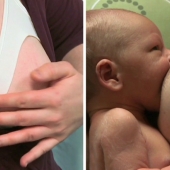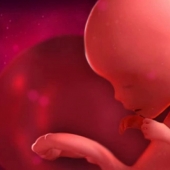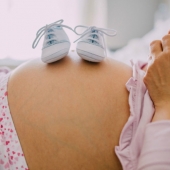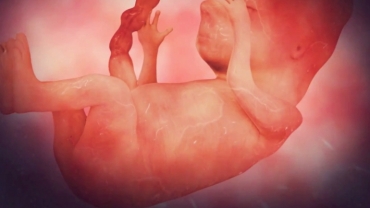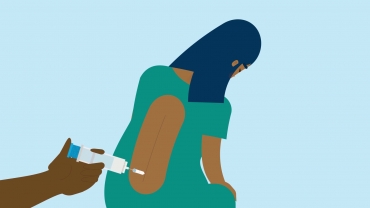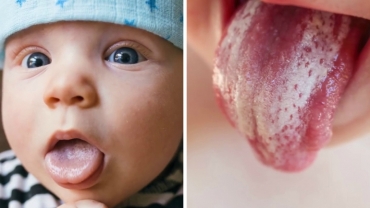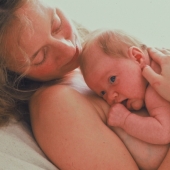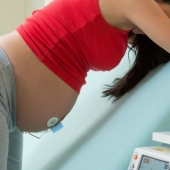When you have your little baby and you take it home so just as sort of transformation you have your little baby in the baby box. And this little baby takes over in so many ways both psychologically and physically, you're sort of running after this gorgeous newborn.
So some of the ways that are quite helpful is to sort of surrender to the pink bubble that means make yourself completely in the moment on the first days of birth and enjoy your little baby. Because your little baby it comes out in the most amazing way where it's all wrinkled and and still in a little womb like ball and slowly your little baby wakes up with little eyes peeping to the sides and uncurls its little self as it realizes the wall room and the walls of the womb are no longer there.
And it is quite remarkable and every hour every day the little baby changes and you need to just constantly just fall in love with with your baby smell, your baby kiss, your baby love, your baby. And obviously a little baby needs lots of milk breast milk and you know physically obviously be changing little baby. And having little baby and making the baby secure in the world that it's been secure in your womb, but now you want it sort of the best way of being brought up in the world.
Answered: Jenny Smith, Lead Midwife at Queen Charlottes and Chelsea Hospital
My Newborn Will Be Emotionally Taxing, What Can I Do to Stay Balanced?
How Can Breastfeeding or Bottle Feeding My Baby Encourage a Sense of Attachment?
How Do Hormones Affect Your Mood During Pregnancy and After?
How Do I Cope With a Difficult or Traumatic Birth?
What You Need to Know About Sleep Safety for Newborn and Mom?
Did you know?
A baby’s brain will double in size during the first year, reaching more than half of its adult size by the time the baby reaches his or her first birthday. By the time the child is five, his or her brain will have grown to its full size, but won’t stop developing until much later. A person’s brain can continue to develop into his or her mid-20s.
- 26 views

